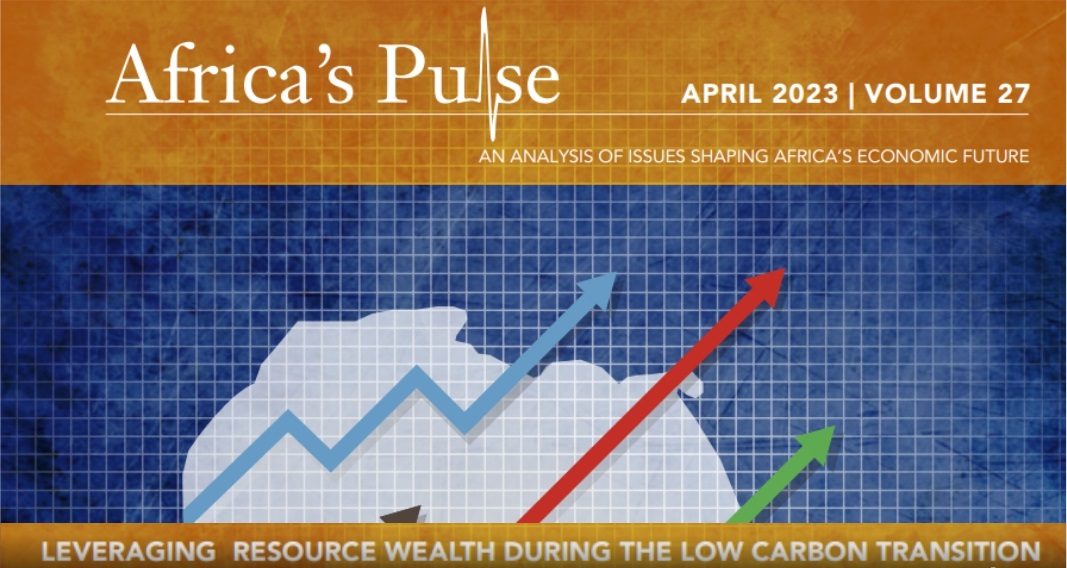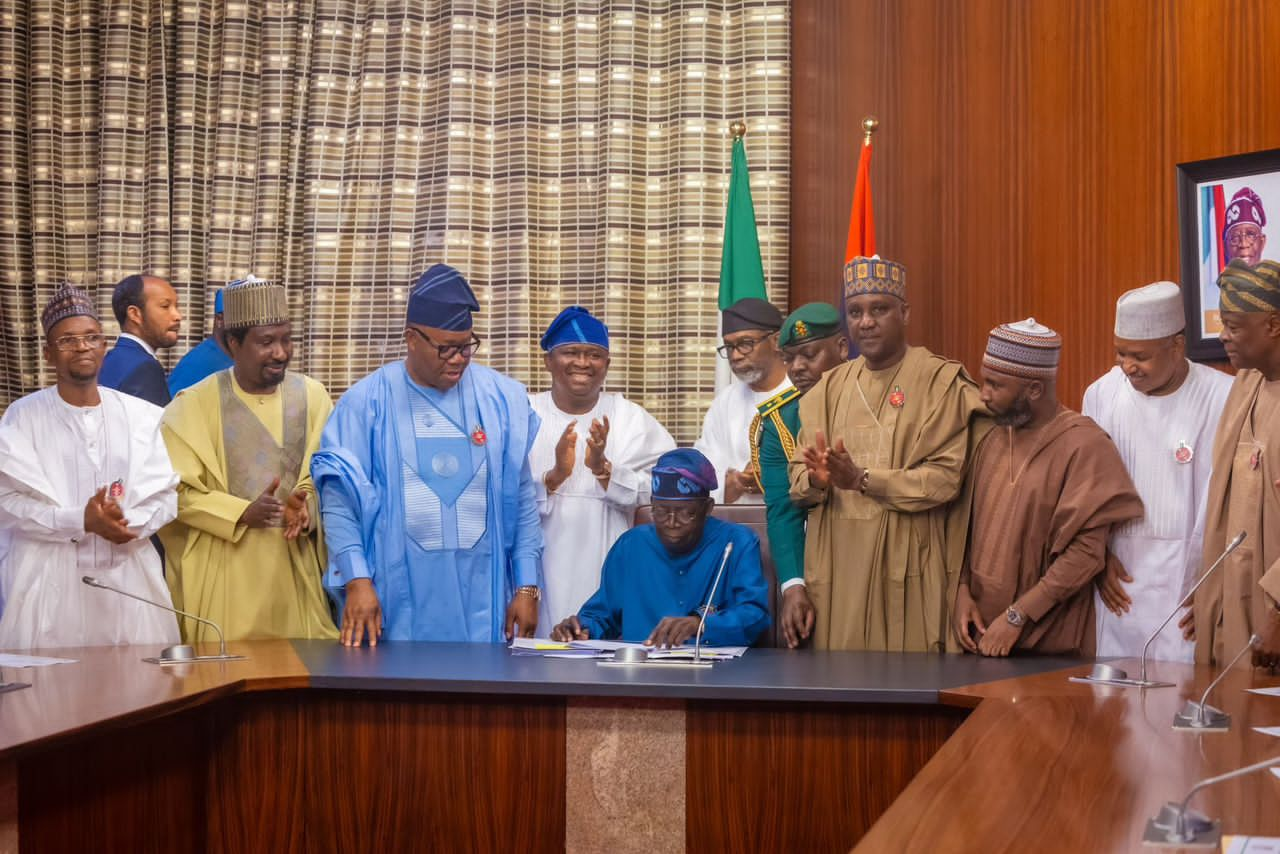April 11, 2023/World Bank Group
The April 2023 edition of the Africa’s Pulse shows growth across Sub-Saharan Africa remains sluggish, dragged down by uncertainty in the global economy, the underperformance of the continent’s largest economies, high inflation, and a sharp deceleration of investment growth – and is insufficient to reduce extreme poverty. Economic growth is expected to slow from 3.6% in 2022 to 3.1% in 2023. While headline inflation appears to have peaked in the past year, inflation is set to remain high at 7.5% for 2023. In the face of dampened growth prospects and rising debt levels, African governments must sharpen their focus on macroeconomic stability, domestic revenue mobilization, debt reduction, and productive investments. In a time of energy transition and rising demand for metals and minerals, resource-rich governments have an opportunity to better leverage natural resources to finance their public programs, diversify their economy, and expand energy access.
Highlights from this issue
Governments face rising debt payments and liquidity issues, linked with expensive borrowing and appreciation of the US dollar. Debt distress risks remain high with 22 countries in the region at high risk of external debt distress or in debt distress as of December 2022. Unfavorable global financial conditions have increased borrowing costs and debt service costs in Africa, diverting money from badly needed development investments and threatening macro-fiscal stability.
Africa’s natural resource wealth holds significant untapped economic potential.
Resource-rich countries can take advantage of the rising demand for minerals and metals linked to the global transition to a low carbon economy (such as cobalt, copper and lithium) to increase fiscal resources, create new regional value chains that produce jobs, and accelerate energy access on the continent. However, turning a “resource curse” into a “resource opportunity” will require good sectoral governance, appropriate taxation to capture a greater share of resource rents, and regional cooperation and investments.
Curbing inflation remains central to achieving macroeconomic stability and fiscal policy anchored in debt sustainability can help. African governments have the power to undertake internal reforms to restore macroeconomic stability and better prioritize spending to lay the groundwork for future growth and jobs.
The performance of the Sub-Sahara African economy is not uniform across subregions. The real gross domestic product (GDP) growth of the Western and Central Africa (AFW) subregion is estimated to decline to 3.4% in 2023, from 3.7 percent in 2022, while that of Eastern and Southern Africa (AFE) declines to 3.0% in 2023, from 3.5% in 2022.
Investment growth has declined sharply across the board. This decline has been broad-based across the subregions, resource abundant and resource scarce countries, and types of investors (public, private, and foreign). Slower investment growth in Sub-Saharan Africa is holding back long-term growth of output and per capita income.














